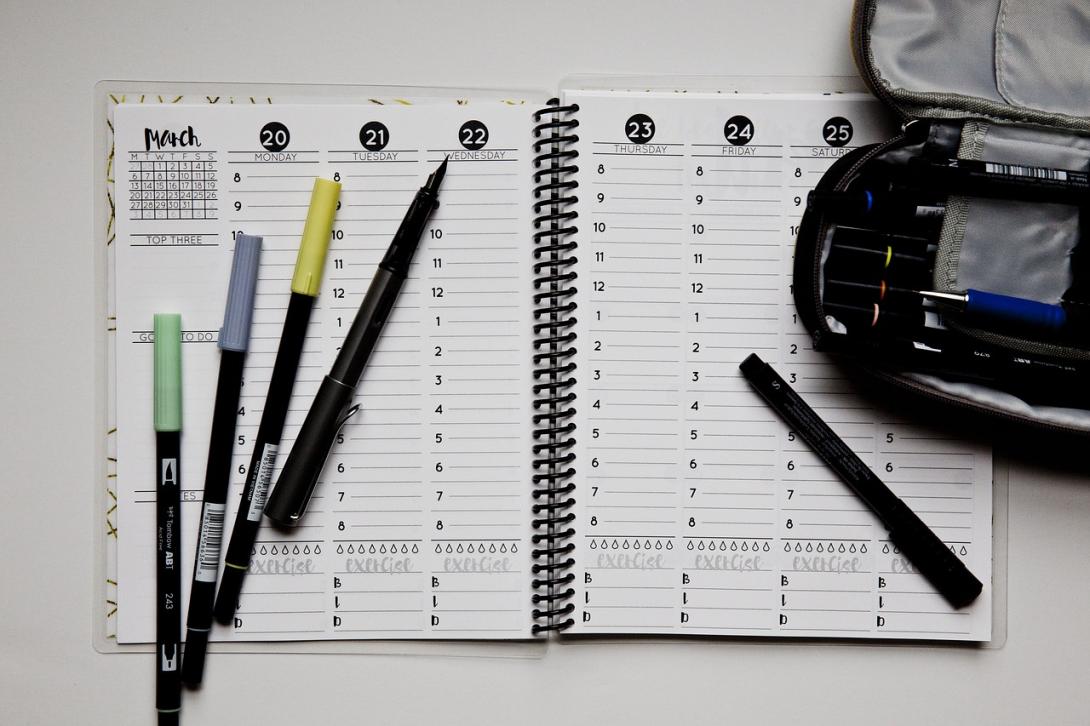Mid-Term stress getting to you? Follow these 5 simple tips to decompress and find healthy ways to beat the stress!
1. Manage Your Time Wisely
Time management is an essential skill that will help you focus during your study time and maximize your free time. Dedicating specific blocks of time toward school and specific classes will help you be organized and stay on top of upcoming assignments. Use a paper planner or your Google calendar to help you budget your time wisely. Don’t wait to cram for an exam until the last minute! The best studying is done in short time blocks over a longer time period. Start reviewing with plenty of time, and always make sure you set aside time for study breaks.
2. Find Time to Exercise
When you exercise, your brain releases spirit-lifting neurotransmitters called endorphins. These are developed to reduce stress and pain. Running is typically associated with an extra release of endorphins, more commonly known as a "runner’s high". If you don’t enjoy running, many other forms of physical activity can also help you destress. Also, regular exercise has been proven to help raise self-confidence as well as lower symptoms for anxiety and depression. Check out this article from the Mayo Clinic to learn more about how exercise can help you destress!
3. Make Time for Your Friends and Hobbies
Yes, school and studying are important, but so is finding time for leisure activities! Spend time with your friends, take a nap, or indulge in your favorite sitcom. Life is all about balance, and time management can help you achieve that balance, limit stress, and find time to relax.
4. Talk to Your Professors and GSIs Before the Big Exam
Who knows the test better than the people who made it? Make a list of the concepts that confuse you or require further explanation and go to office hours. Instructors are required to go to office hours, so they want you to go! They are a great resource for all students. Not only will you get a better grasp on your class material, but you can also develop relationships with your professors and instructors. Next time you are racking your brain about what else to study, stop by office hours to save yourself some time and extra anxiety.
5. Sleep!
When you are really stressed, you probably find it difficult to fall asleep. When you should be relaxing in bed, you find your mind is racing, and you are constantly worrying about your workload. If you are getting less sleep, you may experience trouble concentrating, mood changes, a weakened immune system, and much more. Before you think of pulling an all-nighter, make sure to weigh the pros and cons. Sleep will give your body the re-charge it needs to study or plow through all that homework tomorrow.
For more self-care tips, check out this Huff Post article about Destressing Right Now. The next time you are feeling overwhelmed, don’t be afraid to take a break to exercise or relax. Your brain and body will thank you!
-Contributed by Samantha Grudzien, Neighborhood Ambassador-Yost

